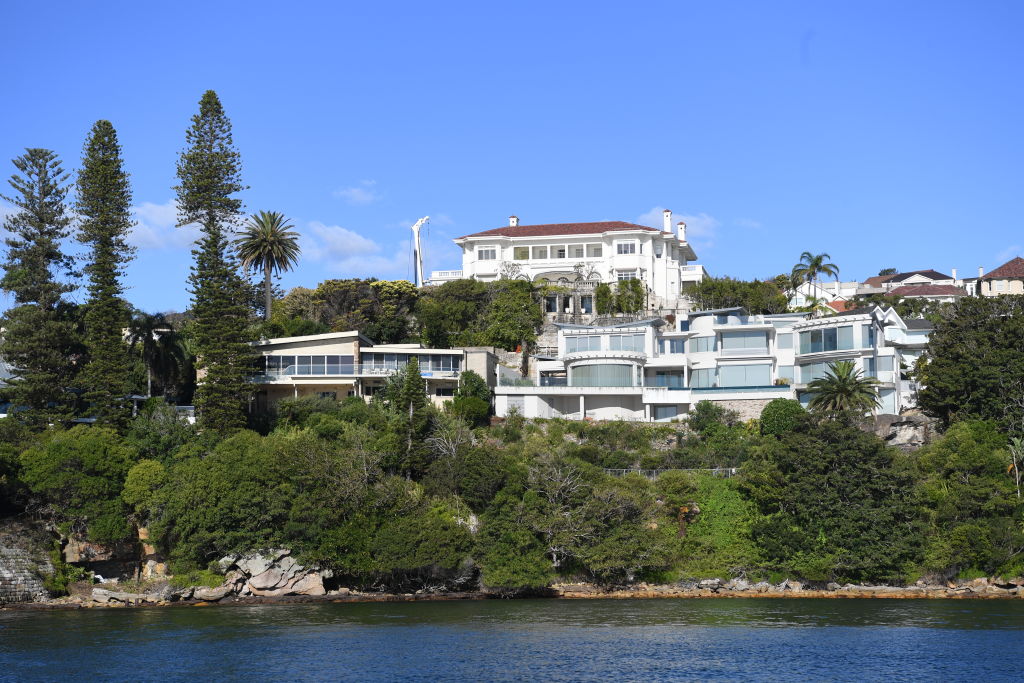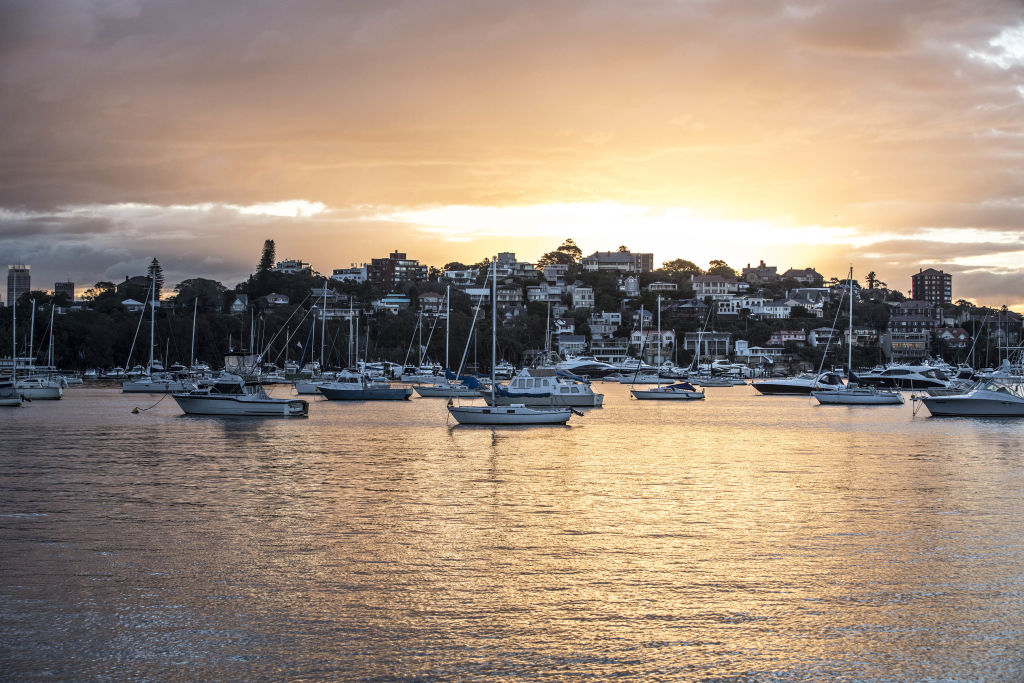Chinese buyers tipped to search for property as significant investor visa program matures

One group of international buyers looks set to keep searching for high-end homes in Australia despite the curbs on cross-border purchases.
Participants in the significant investor visa program, which allows a pathway to permanent residency in exchange for a $5 million investment in Australian business, are expected to be buying over the near term.
The program began in late 2012 and requires visa holders to lock up cash in shares or another business for a minimum of four years.
Experts say the visa has been popular with Chinese applicants, such as business people who want to split their time between China and Australia.
Those migrants whose four-year terms are expiring will then have the choice to apply for permanent residency, freeing up the cash. This would make funds available locally even as the Chinese government has clamped down on cash being taken out of the country.
From the start of the program to June 2015, some 879 visas were granted, according to the Department of Home Affairs.
In fiscal year 2016, 552 visas were granted, then 405 the following year before dropping back to 183 in fiscal year 2018.
Temporary residents in Australia can buy one established property to live in but are not permitted to buy established homes to rent out. Residential property investments are not allowed to make up part of the $5 million invested.
Those on the SIV program who gain permanent residency after four years are expected to have a realistic commitment to continuing business or investment, but with a permanent visa they do not face the same restrictions on the type of investment.
Carrie Law, chief executive of Chinese international real estate website Juwai.com, now expects some of the cash to flow out of approved investments under the scheme and into the premium property market.

“Expect an increase in the number of well-heeled buyers looking at expensive listings,” Law said.
“By definition these buyers are very well-to-do. They are wealthy enough to lock up $5 million in strictly controlled investments for four or five years just to obtain a visa and residency in Australia.”
Kay & Burton partner Jamie Mi said the significant investor visa was popular with her international clients looking for prestige Melbourne homes.
She noticed several buyers in this situation, now applying for permanent residency, started looking for property last year and expects more this year.
“A lot of those Chinese buyers see good value in buying this year. Definitely, I would expect them to free up all their money to buy commercial or residential,” Mi said.
“I think this year to us, we will be really busy.”
Sydney Sotheby’s International Realty managing director Michael Pallier said someone releasing $5 million might upgrade the property they currently own, but had not yet seen buyers doing so.
“If they invested in shares it could be worth more than $5 million now … or could it be worth less,” he said.
“I wouldn’t be at all surprised if they would upgrade to a more expensive property.”
He is also seeing continued demand for property from international buyers who have received Australian citizenship and established themselves in Australia.
David Chin, managing director of China-focused consultancy Basis Point, expected visa holders who became permanent residents to use the cash for property focused business opportunities such as property development.
“They may be interested in non-bank lending opportunities where the banks have pulled back on lending,” he said.
“That’s a double benefit of keeping an eye on property market conditions … and deploying that capital.”
Alternatively, a business person could buy an Australian vineyard and use their existing Chinese distribution network to increase local wine production, he said.
Law said wealthy Chinese were flocking to similar visa programs all over the world.
“Some see this as a sign that wealthy Chinese are fleeing their country, but that’s not true,” she said.
“Most Chinese who get golden visas do not actually move overseas. They use their new visas and citizenships to make international travel and investment easier.”
We recommend
We thought you might like
States
Capital Cities
Capital Cities - Rentals
Popular Areas
Allhomes
More







